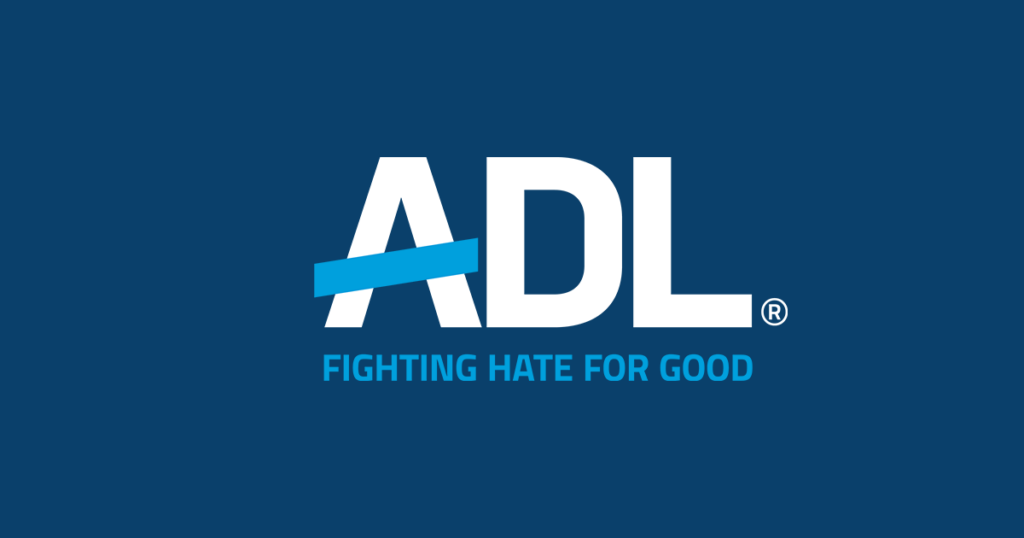When a religious identity causes the minority to live as strangers in their own land
Guest blog by Rabbi Ron Fish
We the People.
The opening words of our Constitution evoke a kind of civic faith in the fundamental condition for our liberty. We have the right to make our own laws, to govern and control our own lives and destiny. No sovereign or king can decide for us. Because ‘We’ are free.
But what does such freedom mean when one community is excluded from ‘We the people?’ When a religious identity causes the minority to live as strangers in their own land?
From the earliest moments of the American experiment, the small Jewish community in the U.S. asked these questions. We were inspired by the promise of freedom and inclusion. We were buoyed by the idea that this would be a nation where all people are equal. But we wondered: Did the society invoked in the preamble have room for us? Or was the Framers’ use of the first-person plural ‘We’ a very specific invocation of an idea that was all too familiar to Jews through millennia?
We had been invited to join in commerce and community in kingdom after kingdom. We lived side by side with our neighbors for generations. And then, when the majority soured on our presence, citing some conspiracy or fear, we were suddenly perceived as the source of pollution in the land. We were attacked for causing heresy or disease, economic disaster, or disloyalty. We were seen as the great underlying cause for the failure of a king or army, of a national idea or faith. It did not matter how long we had lived in a land. After years of brutality and violence, nations began to expel Jews from lands that they had lived in for centuries. Often the kings and bishops tried to avoid outright removal. The Jews, after all, had become indispensable. Even so, in the end, Jews were seen as inherently foreign. When ‘the people’ rose up and made the lines of identity clear, Jews were always left outside.
Majorities can rule by subjugating the minority. In fact, the American system made room for slavery, for genocide and white supremacy because the unlimited power of the majority was seen as freedom itself.
But built into the American system since the first Congress was a dream for a society in which all peoples could aspire to be fully included in ‘We the People.’ The Bill of Rights begins with the most transformative claim. Democracy is not only an expression of majority rule. It is also built on an infrastructure of minority rights. Freedom includes the central claim that, here, all people belong.
While the First Amendment seemed to guarantee religious freedom, in the first decades of the Republic, it did not. Many states had religious tests for statewide office holders. And almost all states required some belief in basic Christian ideas in order to serve in government. This was understood to be permitted under the Constitution since the Bill of Rights had only precluded Congress from limiting religious liberty or establishing a national church. Each State was free to act according to the will of its majority. Yet, President Washington’s letter to the Jewish community of Newport, RI, in 1790 was a prophetic view of a still unrealized future. The United States, he promised, would “give to bigotry, no sanction, to persecution no assistance.” The Jews would be at home here. Quoting the Hebrew Bible, Washington saw an America where all belonged, “each man under his own vine and fig tree.
The expanding promise of the First Amendment drew millions of Jewish immigrants to these shores. As our nation has grown more diverse, the Jewish community here has thrived beyond the dreams of any diaspora community in history. But this story of success and progress is not guaranteed. The chants of “blood and soil“ and “Jews will not replace us” in Charlottesville, Virginia, came from a deeply rooted vein in American culture. Some people still cling to the idea that democracy is consistent with exclusion, racism, and antisemitism. They continue to define “We the people” in specific ethnic and religious terms. Without apology, their version of the American people must be white and Christian.
And the struggle extends from the fevered chants to the courts themselves. While no one is seeking legal approval to persecute religious minorities, in recent years, the Supreme Court has undermined religious freedom by permitting Christian prayer at government meetings and by public school football coaches on the playing field by allowing the government to display giant religious symbols, like a 40-foot Latin cross in Bladensburg, Maryland, and by siding with those who have used Christianity not simply as a shield for faith, but as a sword to discriminate against others, including people of minority faiths or no faith.
When the prohibition on the state establishing religion is set aside, even for the benefit of some people of faith, it is a danger to everyone, especially Jews and other people of minority faiths or no faith.
Anti-Defamation League (ADL) has been fighting against the defamation of the Jewish people and for just and fair treatment for all for more than a century. We will continue to lift up Washington’s vision of the inclusive America which has been the greatest gift of the Bill of Rights. In order for the democracy we believe in to thrive, everyone must have an equitable place in a diverse and truly free America.
A place where we all belong.

Rabbi Ron Fish is the Eastern Division Director of Antisemitism Education and Advocacy at ADL. He has served congregations in the northeast for 25 years, most recently he was Senior Rabbi at Temple Israel in Sharon, MA. He currently serves on the Executive Committee of the Massachusetts Board of Rabbis.

